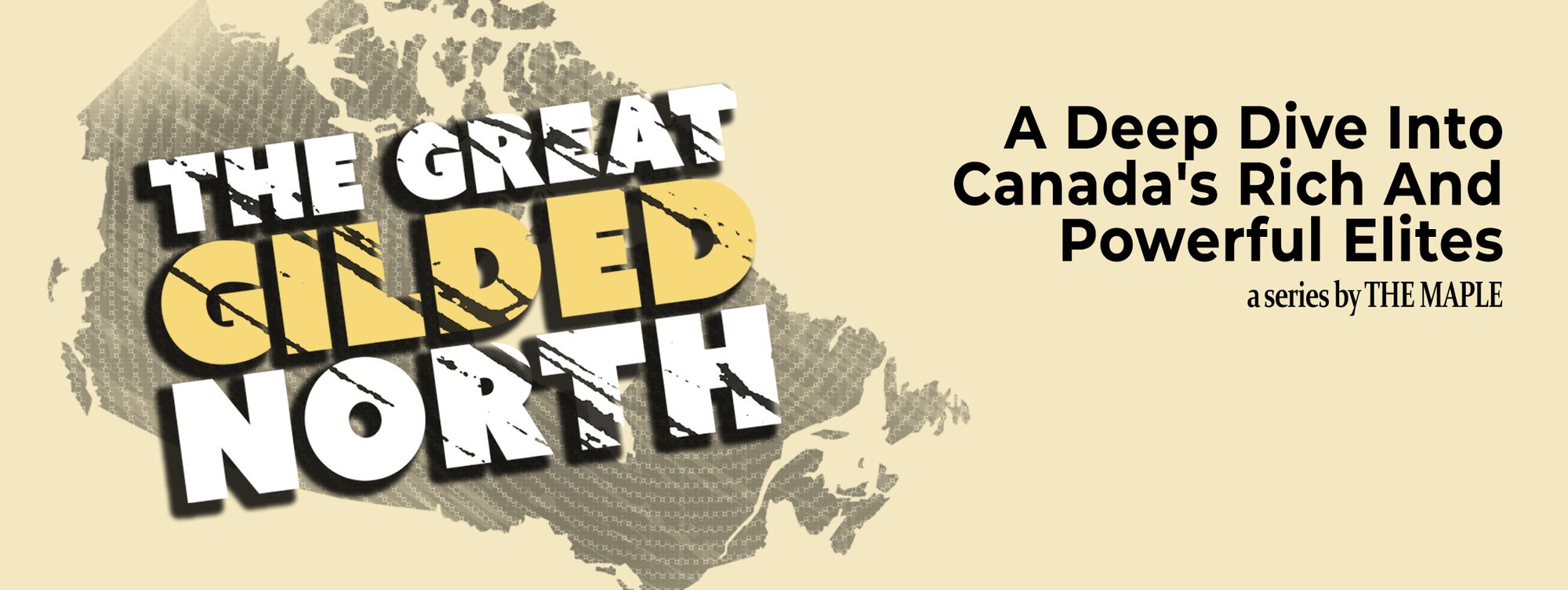The Great Gilded North series kicked off last October with a look at how Canada’s billionaire class protected their interests during the pandemic — and the similarities between this trend and the ways wealthy Canadian elites protected their interests in the past.
Sir Herbet Holt, an Irish-born banker and widely reviled corporate titan, died in 1941 enshrined in myth as “the richest man in Canada.” Like the pandemic profiteers of today, Holt maintained his wealth and power despite living through a severe economic crisis, namely, the Great Depression.
As we explained: “If this image of a rich and powerful man literally shielded from the worst repercussions of a devastating crisis sounds familiar, it might be because the past 18 months have shown us that little has fundamentally changed.”
In January 2021, the Canadian Centre for Policy Alternatives (CCPA) reported that heading into the pandemic, Canada’s 100 highest paid CEOs made 202 times more than the average worker in 2019.
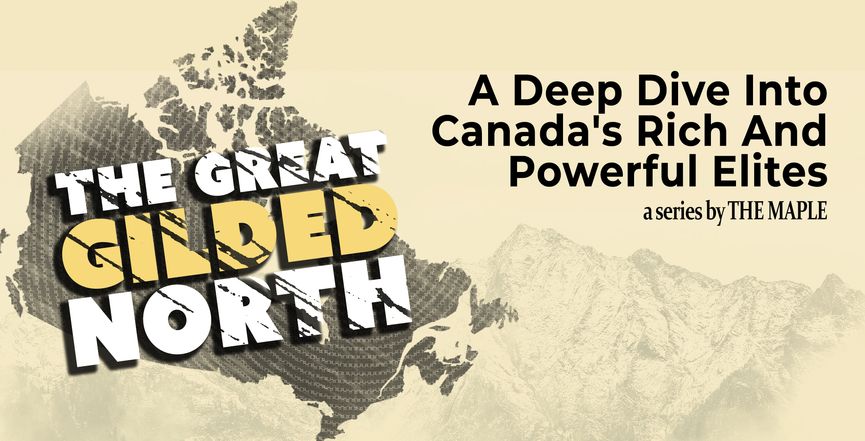
Journalist Sam Smart then took a deep dive into how wealthy elites came to dominate and destroy Canada’s media landscape. Smart explained:
“Local news begins to disappear. Coverage on important issues wanes. Year after year, headlines emerge about which media giant is buying smaller outlets. Readers encounter the same stories in several community papers, only to discover the publications are all owned by the same company.”
Marc Edge, a journalist, academic and author, told Smart: “Media are being financialized and bought up largely by hedge funds, which are only interested in making a profit. They don't really care too much about journalism.”
Edge continued:
“News coverage and the opinion journalism of the largest newspapers in Canada has now been weaponized and monetized by the owners. This is a trend that was started by Conrad Black in the mid-1990s, when he took over the former Southam newspaper chain, which he felt was much too liberal.”

The series then took a more historical turn. Mitchell Thompson dug into how Canada’s wealthy elites long had a soft spot for fascism, writing:
“The Canadian military’s efforts in the Second World War are often mythologized so as to portray opposition to fascism as a cross-class trait, shared by workers, bosses and politicians alike. The disturbing reality, however, is that well into the late 1930s, a significant section of Canada’s elite admired fascism in Italy and even in Germany.”
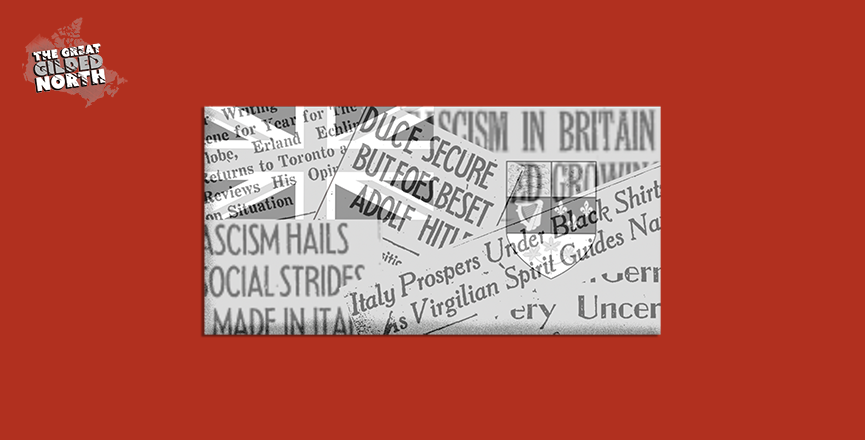
Cassandra Kislenko then told the story of the horrific imperialist massacre of 1932 behind the namesake of some of the most prestigious academic scholarships in Canada: Izaak Walton Killam.
Kislenko wrote:
“Nova Scotia-born Izaak Walton Killam had made his millions through pulp, paper and hydro-electric projects across Latin America. His Montreal-based International Power company controlled a monopoly on electrical power in El Salvador and charged extremely high rates on the country’s exploited workers.”
Kislenko continued:
“When these Indigenous peasants began an organized uprising, Killam called in a personal favour to protect his capital. This would end in a civilian massacre that would usher in decades of military dictatorship, and ultimately help establish prestigious cornerstones of Canadian arts, culture and academics.”
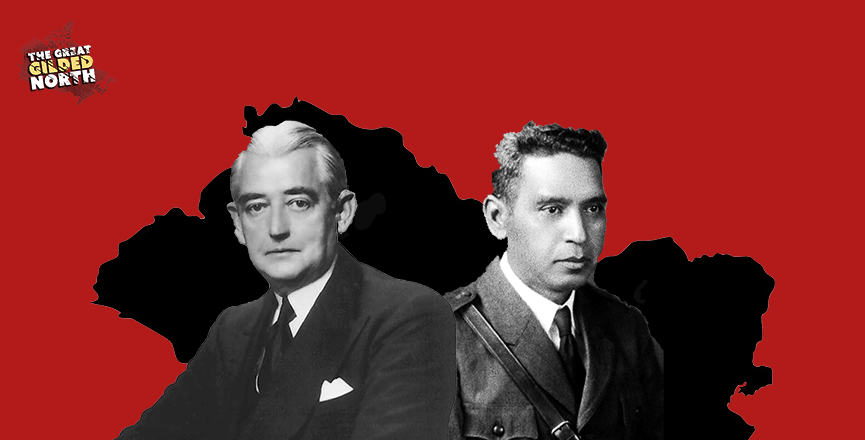
In another piece, Kislenko wrote about how Canada was complicit in the murder of an anti-imperialist hero: Patrice Lumumba, the first prime minister of the Democratic Republic of Congo. Kislenko explained:
“It was the summer of 1960, and Canadian soldiers had just landed in the newly independent Democratic Republic of Congo as part of an unprecedented United Nations mission overseeing the country’s transition from Belgian colonial rule.”
However, Kislenko continued, “despite announcing themselves as a neutral presence, Canada and its colonial allies had an agenda – and the D.R.C.’s anti-imperialist Prime Minister Patrice Lumumba was in the way.”
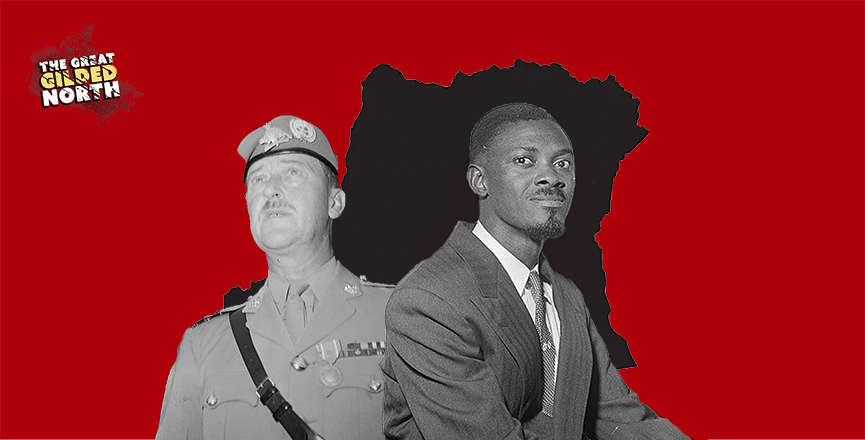
Returning to the present day, Jeremy Appel provided a run down of the powerful Canadian oil and gas executives working to stymie this country’s climate goals.
Appel wrote:
“Between 2005 and 2019, Canada’s greenhouse gas emissions dropped by 1.1 per cent, but since Trudeau came to power in 2015, they’ve increased. According to data from the OECD, Canada is the only G7 nation to have increased emissions over the past six years.”
Appel continued:
“The Canadian Association of Petroleum Producers (CAPP), the main arm of Canada’s oil lobby, has been full-throated in support of expanding Canadian oil production, including the Trans Mountain project, in addition to promoting a more laissez-faire approach to emissions reduction.”
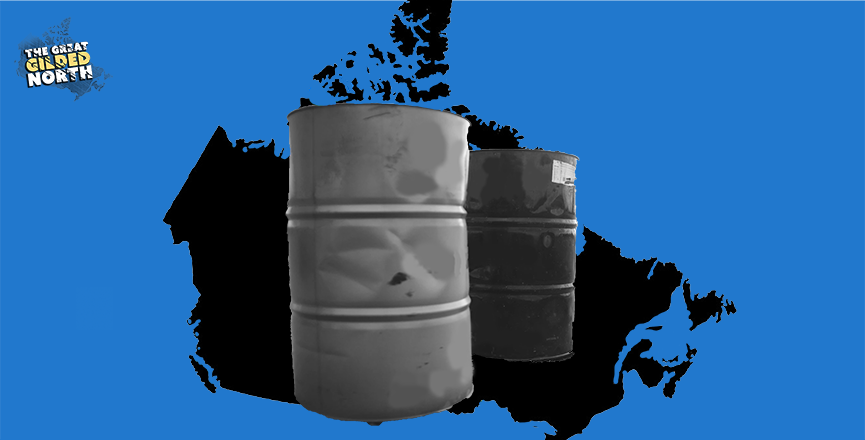
I then took a look at the professional backgrounds of Prime Minister Justin Trudeau’s cabinet ministers, finding that nearly one-third previously worked as corporate executives or in other roles linked to business interests before entering Parliament.
Alex Hemingway, a senior economist with the Canadian Centre for Policy Alternatives whose research has examined the class backgrounds of legislators in advanced democracies, told The Maple:
“One of the most consistent findings, going back decades in the research literature, is that working-class people are massively underrepresented in parliaments around the world.”
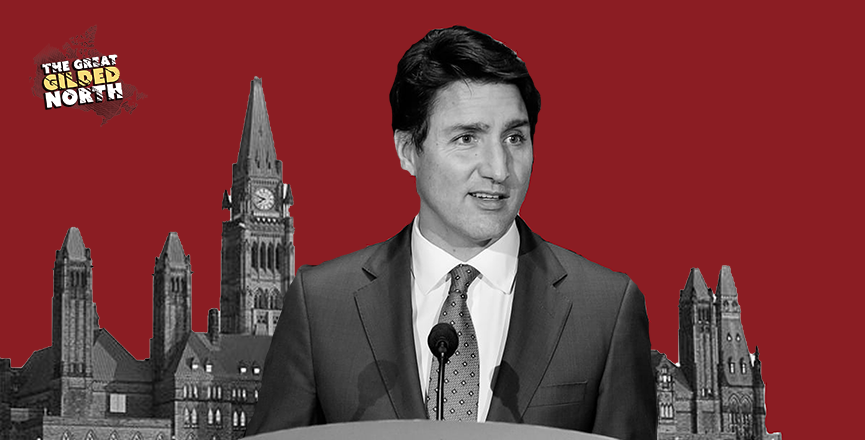
Finally, Mitchell Thompson returned with a look at Canada’s grocery store-chain oligarchs. Thompson wrote:
“For workers, the grocery sector means low wages, insecurity and constant employer surveillance. For Canada’s wealthiest plutocrats, these same conditions make the grocery business one of the most lucrative.”
He continued:
“On lists documenting the rising fortunes of executives and billionaires, grocery magnates like Galen Weston Jr. and Jim Pattison feature prominently. Those same executives were the first to claw back their workers’ pandemic bonus pay.”
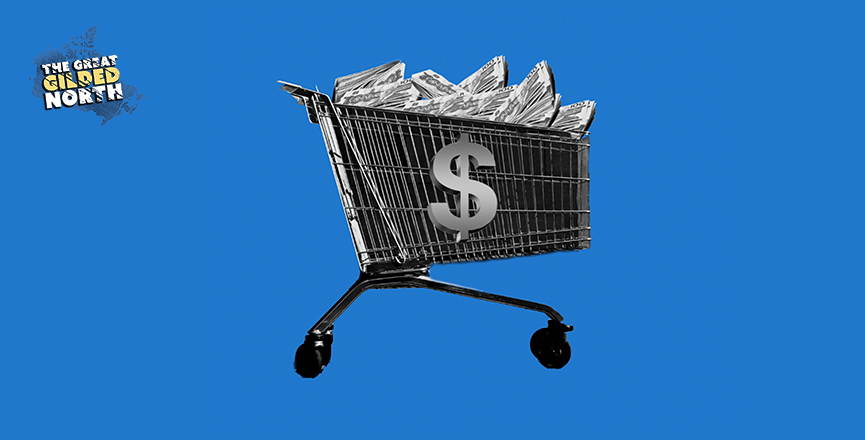
We were also pleased to welcome some of these contributors to discuss their topics in further detail on The Maple’s North Untapped podcast.
Sam Smart joined us to talk about the corporatization of Canada’s media landscape.
Mitchell Thompson guested on an episode digging further into how and why wealthy elites supported the rise of fascism in the 1920s and 1930s.
Cassandra Kislenko joined us twice to talk about La Matanza in El Salvador, and Canada’s role in the murder of Patrice Lumumba.
Jeremy Appel guested on an episode digging deeper into how Canadian oil executives wield political influence.
Of course, the topics we covered were by no means exhaustive, but as an outlet that launched less than a year ago, we’re proud of the quality and depth of this series, which we hope will serve as a useful resource for understanding how Canada’s ruling class protects its wealth and influence.
With the support of subscribers just like you, we’re excited to launch even more ambitious projects in the near future.
